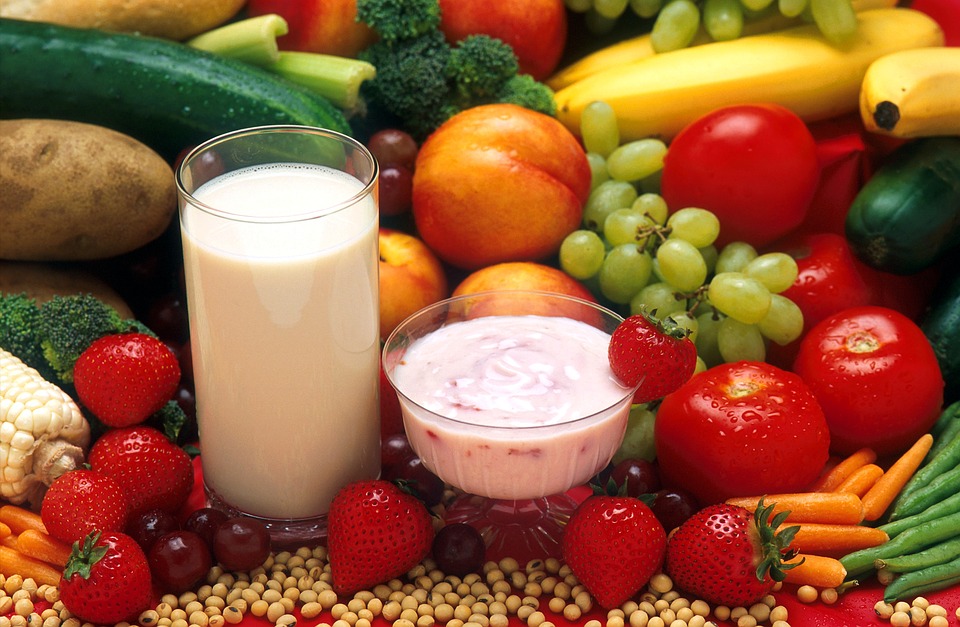Our survey results have found that most Aussies tend to over-think and have too high expectations of themselves when dieting, which can derail the best intentions.

Early February: it’s the time of the year when the sheen starts to wear off things. The weather’s still warm but the festive season is over and most of us are back at work. Our best-laid intentions for the New Year – #NewYearNewMe – are beginning to be tested.
Did you attempt to start a new diet for 2017? And are you still sticking with it? Don’t feel guilty if you’re not, because according to our latest research you are in the majority. Our research found that nine out of 10 Australian adults have attempted to lose weight in their lifetime, 50 per cent have made more than six attempts while almost 20 per cent has tried more than 25 times.
Despite the desire Australians have to lose weight, our obesity rates remain high. Why is this so?
Our research has identified five behavioural “Diet Types”, with the predominant mindset tending to over-think, expect perfection and be anxious about failure, all of which can derail a diet. The Diet Type survey was developed following Australia’s largest diet survey that we conducted between May 2015 and June 2016 – unfortunately it revealed that Australian’s diets are not as healthy as many think!
To help combat the issue, our researchers then conducted an additional investigation to understand why, despite repeated health messages and a dieting culture, Australians continue to struggle with adopting a healthy lifestyle and eating habits. Our scientists looked into the behaviours that influence weight loss, such as barriers to maintaining diets, eating behaviours and existing personality research. The emergence of patterns in this behaviour led to the development of 5 distinct ‘types’ and when it comes to diets, most Australians over analyse what to put on our plates. Here’s how we rate on the diet types scale:
Number 1: The Thinker – 41%
Forty-one percent of us tend to be goal-oriented and analytical about our diets. But overthinking and constant worrying about it can add anxiety and stress which can lead to over-eating and derail diet progress.
Number 2: The Craver – 25%
Craves delicious food and finds it hard to stop, leading to overeating in tempting situations. This was the second most common type and scored high for people who were obese, as well as a high proportion of young adults.
Number 3: The Foodie – 15%
As the third most common type, this group were more likely to be a normal weight, despite foodies that loves making, eating and experiencing food.
Number 4: The Socialiser – 15%
Flexibility is essential – you won’t let strict food restrictions stifle your social life.
Number 5: The Freewheeler – 4%
Makes spontaneous and impulsive food choices, finds planning meals hard.
Since we launched the survey last month, more than 55,000 Australian have completed the online assessment, going to show that we a pretty motivated bunch when it comes to trying to understand our eating habits. These results show that we’re keen to dig a little deeper to find out what will help us to have a more sustainable and longer lasting change to our diet.


Pingback: Loosening expectations might stop diets derailing – Receipe
11th February 2017 at 10:39 pm
Bogum my boy, that’s all healthy food! Get with the program, it will do you a world of good.
10th February 2017 at 8:29 am
I think it’s vile and immoral to keep pushing diets and selling people on particular regimes and routines when basic education around how to choose, prepare and deliver meals as well as the great benefits of SHARING meals with friends and family and nourishing those around us is neglected.
It seems deeply ironic that you publish this article, and straight below is a pitch for the amazingly wonderful 5:2 diet. Puh-lease. You also link to “Your diet personality” article. You are only feeding into this idea of a diet as the answer, and diet as a moral compass.
As long as people continue to connect eating and weight with their moral worth (are you eating “clean”? do you know the calories in that carrot? did you report it to your dieting app?) then food will always be something to fear and despise.
We need a change in MINDSET not in diet. This should start in the family home and extend to schools, community, councils and workplace. Making garden space and markets accessible to all, encouraging people to see WHERE and how food is grown (on farms, in orchards, in backyards!) and to develop a genuine curiosity and joy in using natural, simple wholefoods to nourish their bodies and their families is vital.
It won’t make the CSIRO or Jenny Craig or any number of detox weight loss providers much money, but it will change the lives of generations to come.
9th February 2017 at 3:47 pm
Phew. I thought this was going to be a plug for milk, cheese, or some other garbage like that with it that pictured in the center.
6th February 2017 at 5:20 pm
Why has any one not found out about cravings, once they were only attributed to pregnant women.
11th February 2017 at 10:41 pm
Yes, but only once!